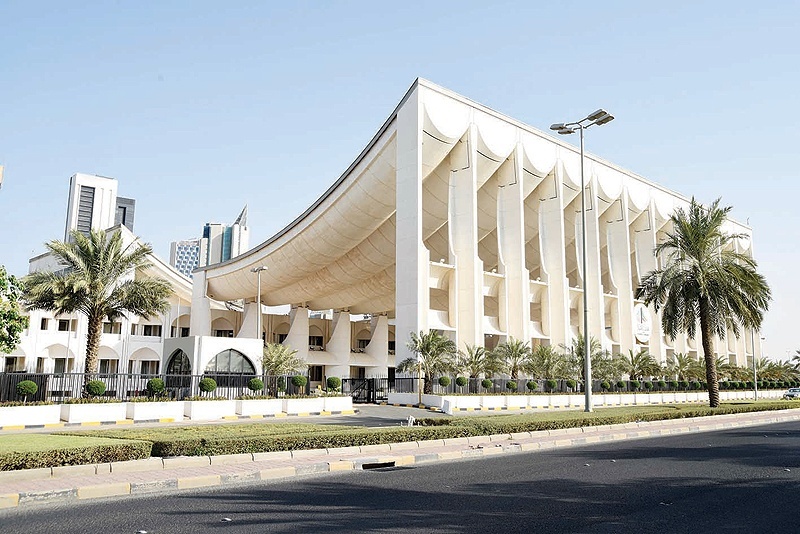
By B Izzak
KUWAIT: Close to 400 candidates vying for the 50 National Assembly seats in next month's general election are using the media and online services extensively to reach out to voters amid a total ban on traditional gatherings and campaigns. Many candidates are resorting to lengthy interviews on local television stations to promote their election manifestos and promises in a bid to win the backing of voters in the five constituencies.
They have also resorted to the local press and online services like Twitter to broadcast live their virtual election diwaniyas, in which candidates highlight their views on various pressing issues to attract the attention of voters. The interior ministry has slapped a total ban on election gatherings, erecting tents and holding rallies as part of measures to prevent the spread of the coronavirus.
Local media reported yesterday that the ministry referred an unnamed candidate to the public prosecution for hosting a gathering of female voters in his constituency. The ministry has not officially confirmed the news. In their virtual election campaigns, candidates have raised a host of issues including debt relief for Kuwaiti citizens, resolving the problem of stateless people or bedoons and preventing vote-buying practices, among others.
Yousef Al-Gharabally, contesting from the first district, lent strong support to a popular campaign that has been going on for the past two years, pressing the government to forgive almost one billion dinars in personal loans of Kuwaiti citizens. Gharabally called the campaign a pillar of national action to resolve the biggest popular problem, "which has worsened because of an unfair government and a compromising assembly".
Former MP Mohammad Tana, fighting for a seat in the fourth constituency, accused the government of being "miserly" towards Kuwaiti citizens and "generous" when it comes to supporting merchants. The candidate claimed that the government is refusing to forgive the debt of Kuwaitis, which is less than one billion dinars, but has readily provided some KD 2.5 billion in support to wealthy merchants.
New candidate Khaled Al-Munaye from the third constituency warned voters against those who buy voters, saying that candidates who buy votes and spend lavishly on their campaigns will not care for voters but those who financed their campaigns. Adel Ashkanani from the first district claimed that the outgoing Assembly failed miserably and achieved less than 20 percent of its goals. Former MP Khalil Al-Saleh, bidding for re-election from the first district, said priority for public sector jobs should be given to children of Kuwaiti women married to foreigners, ahead of expats.
MP Saleh Ashour from the first constituency called for resolving the decades-old plight of bedoons by naturalizing the children of bedoons who died while fighting in the Kuwaiti army, besides holders of high degrees and those employed in the military. He said the mother of US Vice President-elect Kamala Harris is Indian and her father hails from Jamaica, but she became the vice president of the United States, while "our government has failed to grant citizenship to bedoon martyrs and their children and those in the military".










